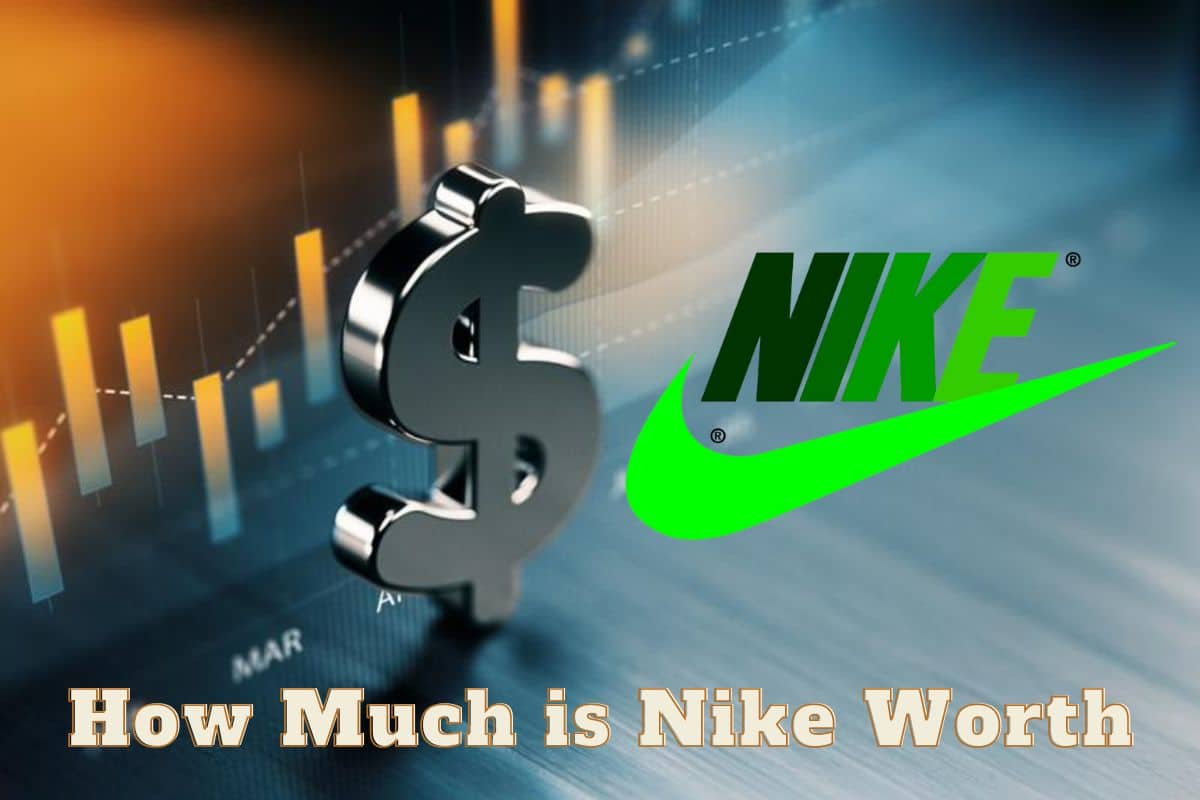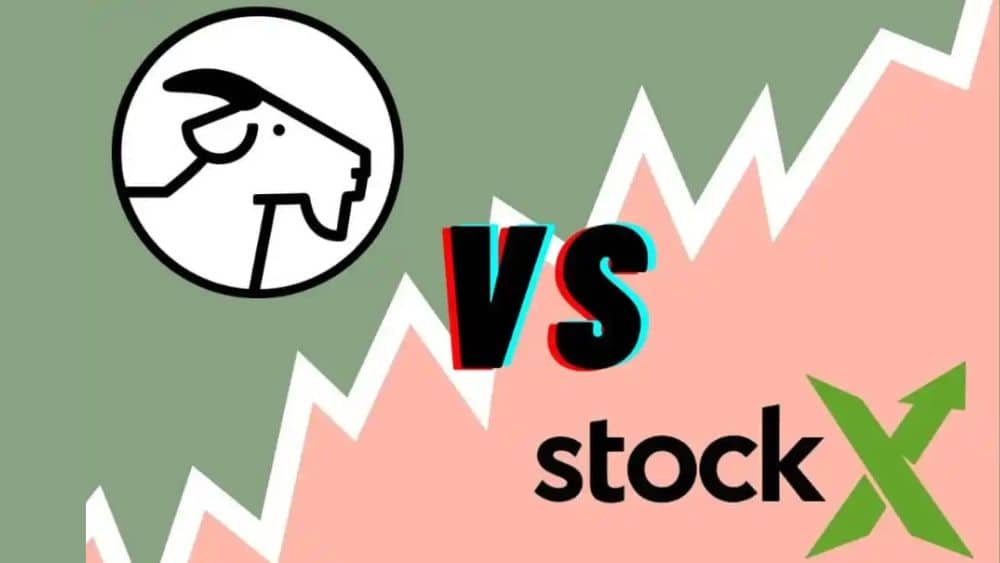Ever wondered why people say "12" when they're talking about the police? Well, buckle up, because we're diving deep into the world of slang, codes, and hidden meanings. The phrase "does 12 mean police" might sound strange at first, but it has roots that go way back. Whether you're curious about police codes, street slang, or just trying to understand the lingo, this article has got you covered. So, let's get started!
Language is a wild thing. It evolves, it bends, and sometimes it just straight-up confuses us. But hey, that's what makes it so interesting! In today's world, where slang and abbreviations rule the roost, understanding terms like "12" can give you an edge. Whether you're a fan of cop shows, a street-smart enthusiast, or just someone who loves decoding mysteries, this article is your ultimate guide.
By the time you're done reading, you'll not only know what "12" means but also why it became associated with law enforcement in the first place. So, grab a cup of coffee, settle in, and let's unravel this fascinating piece of linguistic history together.
Read also:Pachecos Tires Moreno Valley Ca Your Goto Destination For Tire Solutions
Table of Contents
- The Origin of "12" as Police Slang
- A Brief History of Police Codes
- What Does "12" Really Mean?
- How Is "12" Used Today?
- Comparing "12" with Other Police Codes
- The Legal Implications of Using Codes
- Cultural Impact of Police Slang
- How Media Shapes Our Perception of Codes
- Common Misconceptions About "12"
- The Future of Slang and Police Codes
The Origin of "12" as Police Slang
Let's rewind the clock for a sec. The term "12" didn't just pop out of nowhere. It has a legit history that dates back to the early days of radio communication. Back in the day, police officers used a series of numeric codes to communicate quickly and efficiently. These codes were like a secret language, designed to save time and avoid unnecessary details over the airwaves.
Now, the number "12" specifically was used to refer to a police officer or law enforcement in general. It wasn't an official code, mind you, but more of a street-level adaptation. Think of it like a nickname that stuck around because it was catchy and easy to remember. Over time, it made its way into pop culture, movies, and even everyday conversations.
Why Did "12" Become Popular?
Popularity is a tricky thing. Some words just catch on, and "12" was no exception. Here are a few reasons why it became so widely used:
- Brevity: It's short and sweet, which is perfect for quick communication.
- Mystery: There's something intriguing about using a number instead of a word. It adds a layer of intrigue.
- Cultural Relevance: Movies, music, and TV shows helped spread the term far and wide.
A Brief History of Police Codes
Police codes have been around for ages, and they've played a crucial role in law enforcement communication. These codes are essentially shorthand for various situations, from routine checks to emergency responses. For example, "10-4" means "message received," while "20" refers to a location.
But why do we need codes in the first place? Well, in high-pressure situations, every second counts. Using codes allows officers to convey information quickly without having to spell everything out. It's like a secret language that only the initiated understand. And let's be real, who doesn't love a good secret?
How Have Codes Evolved Over Time?
Technology has changed the game big time. Back in the day, officers relied heavily on radio communication, but now they have access to smartphones, tablets, and other gadgets. This has led to a shift in how codes are used. While some traditional codes are still in play, new ones have emerged to keep up with the times.
Read also:44 Golf The Ultimate Guide To Mastering The Game
What Does "12" Really Mean?
Alright, here's the big reveal. When someone says "12," they're usually referring to the police or law enforcement in general. It's a shorthand term that's been adopted by various communities, from street gangs to suburban neighborhoods. The beauty of "12" is its versatility. It can mean different things to different people, depending on the context.
For instance, in some circles, "12" might refer to a specific officer or department, while in others, it could be a general term for authority figures. It's all about the vibe and the setting. And hey, isn't that what makes language so fascinating?
Context Matters: How "12" Changes Meaning
Context is king when it comes to language. Here's a quick breakdown of how "12" can vary in meaning:
- Urban Areas: Often used to warn others about police presence.
- Suburban Areas: May be used more casually, without the same level of urgency.
- Media: In movies and TV shows, "12" is often portrayed as a mysterious or ominous figure.
How Is "12" Used Today?
Fast forward to 2023, and "12" is still going strong. You'll hear it in rap lyrics, on social media, and even in casual conversations. But how exactly is it being used in today's world? Let's take a closer look.
In urban settings, "12" is often used as a heads-up. If someone spots a cop, they might casually drop the term to let others know. It's not about causing trouble; it's more about staying informed. On the flip side, in suburban areas, "12" might be used more lightheartedly, without the same level of intensity.
Modern Examples of "12" in Action
Here are a few examples of how "12" might pop up in everyday life:
- "Yo, I just saw 12 down the block. Better watch your back!"
- "12 showed up at the party, and everyone scattered like leaves in the wind."
- "I don't care what 12 says. I know my rights!"
Comparing "12" with Other Police Codes
While "12" might be the star of the show, it's not the only police code out there. In fact, there's a whole world of codes that law enforcement uses on a daily basis. Let's compare "12" with some of its counterparts:
- 10-4: Message received. A classic code that's still widely used today.
- 20: Location. Officers use this to indicate where they are.
- 911: Emergency. Probably the most well-known code of all.
Each code has its own unique purpose, and they all work together to create a seamless system of communication. But "12" stands out because of its cultural significance and widespread usage outside of official channels.
The Legal Implications of Using Codes
Now, let's talk about the elephant in the room. Using police codes, especially in certain contexts, can have legal implications. While it's not illegal to say "12" in a conversation, using it to obstruct justice or incite violence could land you in hot water. It's all about intent and context.
For example, if someone uses "12" to warn others about an impending raid, that could be seen as interfering with law enforcement. On the other hand, using it in a casual conversation is generally fine. It's all about being mindful of how and where you use it.
Staying on the Right Side of the Law
Here are a few tips to keep you out of trouble:
- Know Your Rights: Educate yourself on what you can and can't say.
- Use Common Sense: If it feels shady, it probably is. Avoid using codes in situations that could be misinterpreted.
- Respect Authority: At the end of the day, law enforcement is there to keep us safe. Show them the respect they deserve.
Cultural Impact of Police Slang
Language has a way of shaping culture, and police slang is no exception. Terms like "12" have become part of the fabric of modern society, influencing everything from music to movies. But what does this say about our relationship with authority?
Some argue that the use of slang like "12" reflects a growing distrust of law enforcement. Others see it as a form of empowerment, a way for people to reclaim their voices in the face of authority. Whatever the case may be, it's clear that police slang has had a profound impact on our cultural landscape.
Pop Culture References to "12"
Here are a few examples of how "12" has made its way into pop culture:
- Movies: In films like "Training Day," "12" is used to create tension and suspense.
- Music: Rappers like Kendrick Lamar and J. Cole have used "12" in their lyrics to comment on social issues.
- TV Shows: Cop dramas often incorporate "12" into their scripts to add authenticity.
How Media Shapes Our Perception of Codes
Media plays a huge role in how we perceive police codes like "12." Through movies, TV shows, and music, we're exposed to these terms on a regular basis. But does this exposure shape our understanding in a positive or negative way?
On one hand, media can help demystify codes and make them more accessible to the general public. On the other hand, it can perpetuate stereotypes and create misconceptions. It's a double-edged sword that requires careful handling.
The Power of Representation
Representation matters. When we see "12" portrayed in a positive light, it can help bridge the gap between law enforcement and the communities they serve. Conversely, when it's used to perpetuate negative stereotypes, it can deepen existing divides. The key is to strike a balance and present a nuanced view of the world.
Common Misconceptions About "12"
With great power comes great responsibility, and that's especially true when it comes to language. There are a few common misconceptions about "12" that need to be addressed:
- It's Only Used by Criminals: Not true! "12" is used by all kinds of people, from law-abiding citizens to artists and activists.
- It's Always Negative: While "12" can be used in negative contexts, it's not inherently bad. It all depends on how it's used.
- It's Official Police Terminology: Nope! "12" is more of a street-level term that's gained popularity over time.
The Future of Slang and Police Codes
As we look to the future, it's clear that slang and police codes will continue to evolve. With new technologies and social platforms emerging all the time, the way we communicate is changing at lightning speed. But one thing is certain: terms like "12" will remain a part of our cultural lexicon for years to come.
So, what does the future hold for "12"? Will it continue to thrive, or will it fade into obscurity like so many other slang terms before it? Only time will tell. But one thing's for sure: as long as there are people who love language, there will always be new codes and terms to discover.
Final Thoughts
And there you have it, folks! A deep dive into the world of "12" and what it means in today's world. Whether you're a slang enthusiast, a history buff, or


